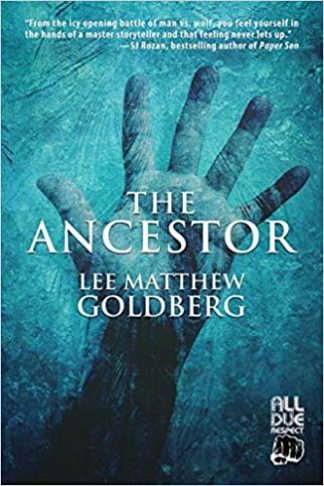


“A roadmap for all of us who long to understand, at the deepest level, where we come from.”-Dani Shapiro, author of Inheritance Searching and inspiring, Ancestor Trouble is one writer’s attempt to use genealogy-a once-niche hobby that has grown into a multi-billion-dollar industry-to make peace with the secrets and contradictions of her family's past and face its reverberations in the present, and to argue for the transformational possibilities that reckoning with our ancestors offers all of us.An acclaimed writer goes searching for the truth about her wildly unconventional Southern family-and finds that our obsession with ancestors opens up new ways of seeing ourselves. She mulled over modernity’s dismissal of ancestors along with psychoanalytic and spiritual traditions that center them. Her journey took her into the realms of genetics, epigenetics, and debates over intergenerational trauma. She set out to research her genealogy-her grandfather’s marriages, the accused witch, her ancestors’ roles in slavery and other harms. Newton’s family inspired in her a desire to understand family patterns: what we are destined to replicate and what we can leave behind.

Mental illness and religious fanaticism percolated Maud’s maternal lines back to an ancestor accused of being a witch in Puritan-era Massachusetts. Her mother’s grandfather killed a man with a hay hook. Her mother’s father was said to have married thirteen times. Maud Newton’s ancestors have fascinated her since she was a girl. ONE OF THE BEST BOOKS OF THE YEAR: The New Yorker, NPR, Time, Entertainment Weekly, The Washington Post, The Boston Globe, The Atlanta Journal-Constitution, Esquire, Garden & Gun An acclaimed writer goes searching for the truth about her complicated Southern family-and finds that our obsession with ancestors opens up new ways of seeing ourselves-in this “brilliant mix of personal memoir and cultural observation” ( The Boston Globe).Finalist for the National Book Critics Circle’s John Leonard Prize.a literary feat that simultaneously builds and excavates identity.”- The New York Times Book Review (Editors’ Choice)


 0 kommentar(er)
0 kommentar(er)
